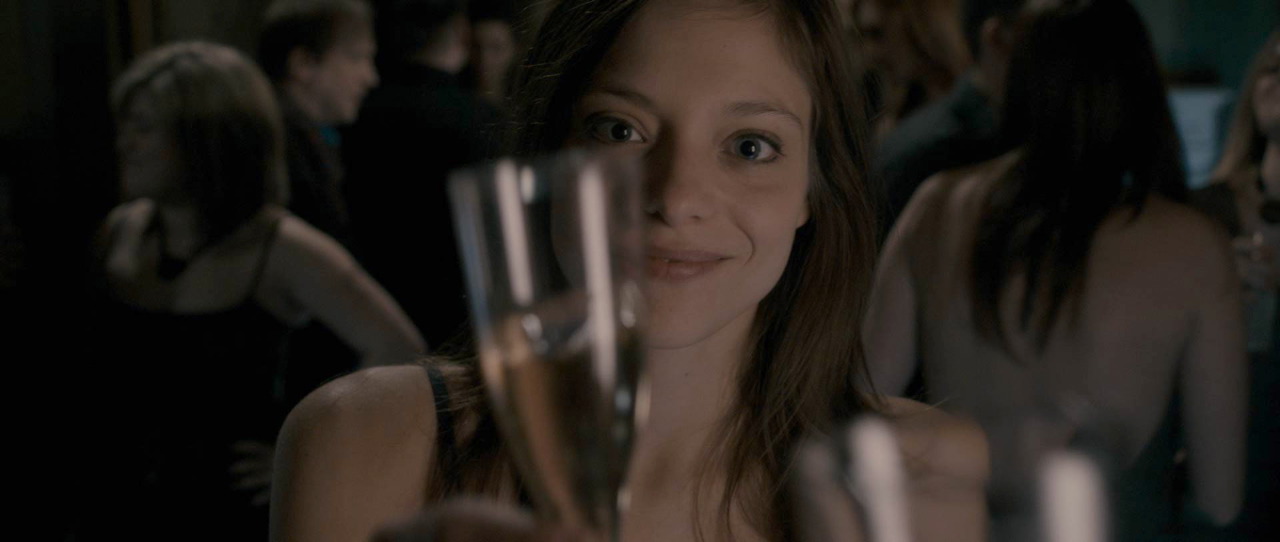By Emma Charlton / AFP
When the young Philip Roth warned his parents to brace for a media assault with the release of “Portnoy’s Complaint” in 1969, his mother broke down in tears: she thought he was suffering from delusions of grandeur.
Four decades after the novel shot him to stardom, the American literary giant talks candidly about his early years, about writing, sex and Jewishness, depression and dying, in a rare and moving documentary that was screened this week on the French-German channel Arte.
Based on eight hours of interviews, the hour-long film “Philip Roth without Complexes” was shot a year ago between the 78-year-old writer’s Upper East side apartment and his forest lodge in Connecticut.
Roth describes how he writes standing up after finding it freed his mind to “walk around,” building his characters for “a year, or two or three” until a book takes shape — then mailing it off to a small group of friends, the actress Mia Farrow among them.
Tackling one of the labels often attached to him, Roth tells the film’s director William Karel and journalist Livia Manera he is “not crazy about being described as a Jewish-American writer. I don’t write Jewish, I write American.”
But whether it is his Jewish upbringing or his home town of Newark, where many of his works are set, Roth says it was a turning point when he realized he could use his own world as raw material.
“You can’t invent out of nothing, or I can’t certainly,” he said. “I need some reality, to rub two sticks of reality together to get a fire of reality.”
After his first short story was published, “about some Jewish guys in the army” — he was “assailed as an anti-Semite, this thing that I had detested all my life.”
But that did not stop him writing more about American Jews, including tales of adultery that earned him fresh attacks but were rooted, he insists, in real life.
Good fiction, he tempers, also needs to overshoot reality — because “life isn’t good enough in some ways.”
Take the sex in his books, often copious and graphic, from the now-famous masturbation scenes in “Portnoy’s Complaint” to the no-holds-barred portrayals of grown-up sex in his later works.
“I love to write about sex. It’s a vast subject. And depicting it, describing it is hard,” Roth says. But he adds: “Whether you believe me or not, most of the events in my books never happened.”
Roth also readily admits writing is a way to keep depression at bay: “My worst times are when I’m not writing. I’m prone to get unhappy, depressed, anxious. So I need it.”
Suffering, whether it is memories unraveled on the psychiatrist’s couch or the physical kind — he suffers from chronic back pain — has played a large part in Roth’s journey.
The writer admits that pain has driven him to the brink of suicide in the past.
“When you’re not crazed by the pain, you’re crazed by the drugs. It’s a plague,” he says. “It’s there when you wake up in the morning and you’ve got to be a lot stronger than I am to not begin to be affected psychologically.”
“You don’t have to go looking for suffering if you want to be a writer — it will find you soon enough,” he says with a chuckle.
The documentary wraps up on a poignant note, as Roth reflects on death and “how dying affects the lives of those who are going to die” — the subject of four of his recent works including “Everyman” and “Nemesis.”
“The time is running out,” he says matter-of-factly. “There’s nothing I can do about that, there’s nothing to be done.”
“At this time of life,” he says, “you look at your address book; it’s like walking through a cemetery. It’s particularly painful to lose your friends — it’s a bitch.”
“The prospect of death generates fear, sadness, the desire to have the whole thing all over again. But not rage.”
“We’ve got to have an ending,” Roth reflects. “A moving ending with a poor little old guy who’s going to die — let that be the end,” he quips with a roar of laughter as the lights fade.



